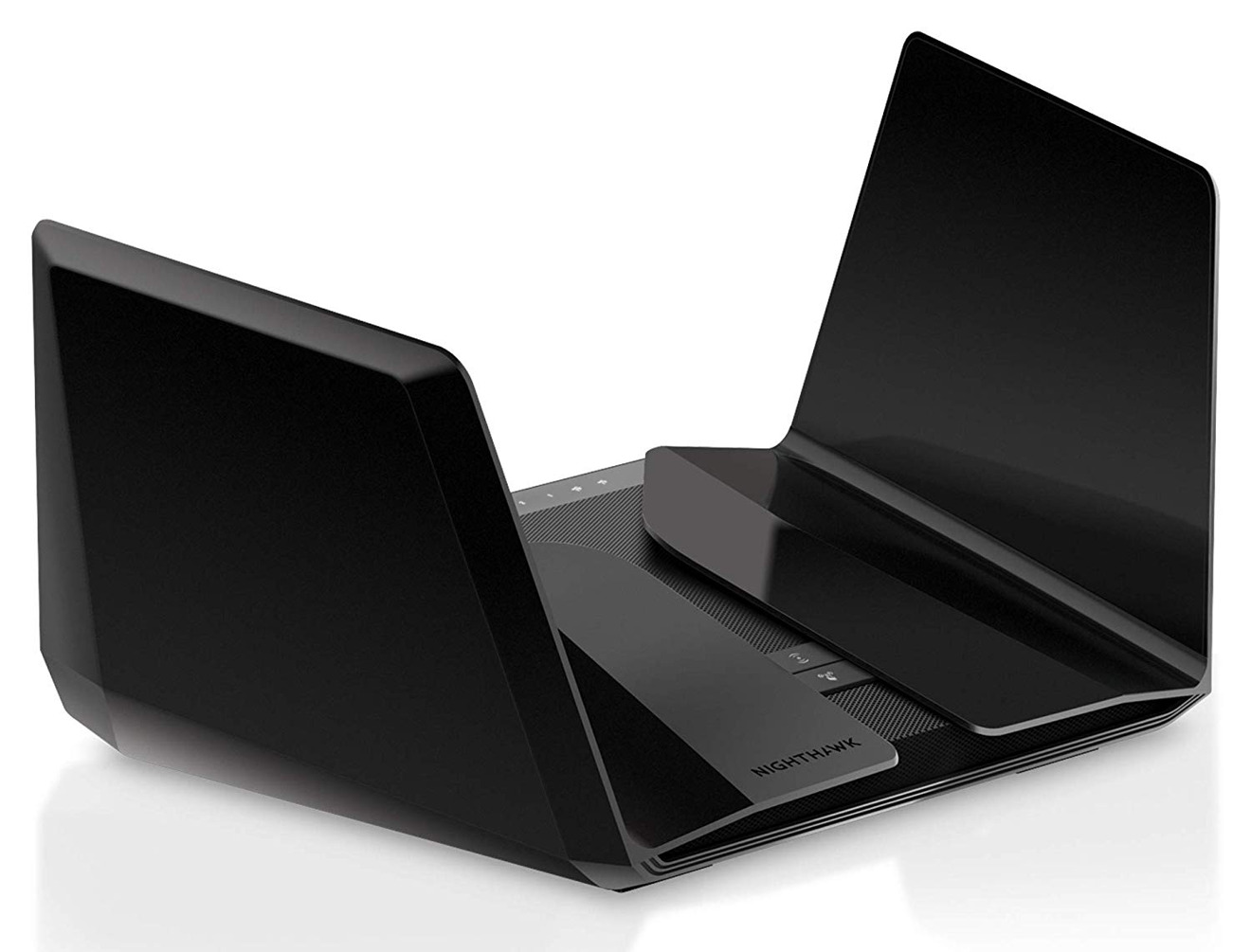WPA3 — a Wi-Fi security protocol launched by the Wi-Fi Alliance in 2018 — is, in practice, better than WPA2, but still fraught with security flaws, according to a recent research paper.
"In light of our presented attacks, we believe that WPA3 does not meet the standards of a modern security protocol," wrote authors Mathy Vanhoef and Eyal Ronen, quoted by Ars Technica. The pair argued that many of the same attacks continue to work and will likely remain effective for years, especially with lower-cost Wi-Fi devices.
WPA3 makes use of a technology dubbed "Dragonfly," more formally Simultaneous Authentication of Equals. This improves a previous four-way "handshake" with a Pairwise Master Key as well as "forward secrecy." In combination, the idea was that WPA3 would be more resistant to password guessing attacks.
The Alliance failed to listen to recommendations about moving away from hash-to-group and hash-to-curve password encoding, Vanhoef and Ronen said, and the result is a group of "Dragonblood" proof-of-concept exploits. Those exploits will also work against networks equipped with the Extensible Authentication Protocol, or EAP, so long as they have EAP-pwd enabled. It's said in fact that with EAP-pwd, an attacker could impersonate any user without knowing the person's password.
The simplest WPA3 exploits involve a transition mode that lets WPA3-ready devices work in backwards compatibility with those that aren't. Another set involves side-channel leaks that leak info about the passwords being used.
In a response, the Alliance said that the paper "identified vulnerabilities in a limited number of early implementations of WPA3-Personal," and that WPA3-Personal is not only "in the early stages of deployment," but that "the small number of device manufacturers that are affected have already started deploying patches to resolve the issues."
Neither the researchers nor the Alliance have identified any "Dragonblood" exploits being used by real-world hackers.
Mac, iPhone, and iPad owners can mitigate WPA3 threats by updating compatible Wi-Fi routers to the latest available firmware. They should also use unique, ideally randomly-generated router passwords that are at least 13 characters long — password management apps may make it easier to meet requirements.
At present, it isn't clear if Apple's line of AirPort routers, now discontinued, will see a firmware update for the exploits. Sources inside Apple not authorized to speak on behalf of the company has told us previously that there is still a corps of software engineers tasked with keeping the AirPort "as safe as possible for as long as possible."
Update: On Thursday afternoon, the Wi-Fi Alliance cited a later tweet by Vanhoef stating that WPA3 is better than WPA2, but the flaws are still serious.
 Roger Fingas
Roger Fingas







-m.jpg)






 Christine McKee
Christine McKee
 Amber Neely
Amber Neely
 Andrew Orr
Andrew Orr

 Sponsored Content
Sponsored Content

 William Gallagher
William Gallagher









25 Comments
THE primary rule remains: "If they want in bad enough, they will. The trick is to make it hard enough that they go after your neighbor instead."
... That's sort of a take off on the joke that you don't have to outrun the bear, just your friend.
2) Immediate notification (such as when a sign on is attempted or a new device connected or especially if there is an invalid attempt.)
For myself, I keep MAC authorization enabled so that, if I don't know your MAC address, you aren't getting in.